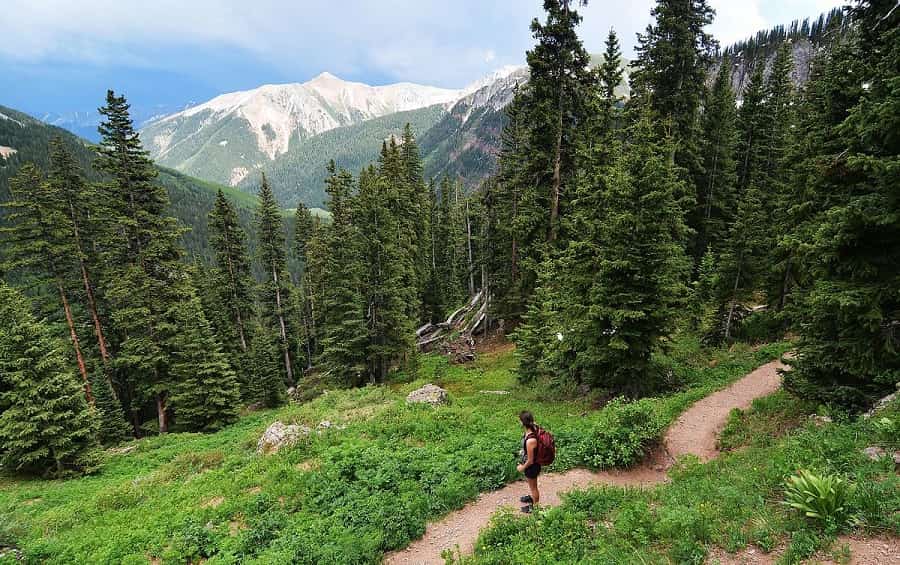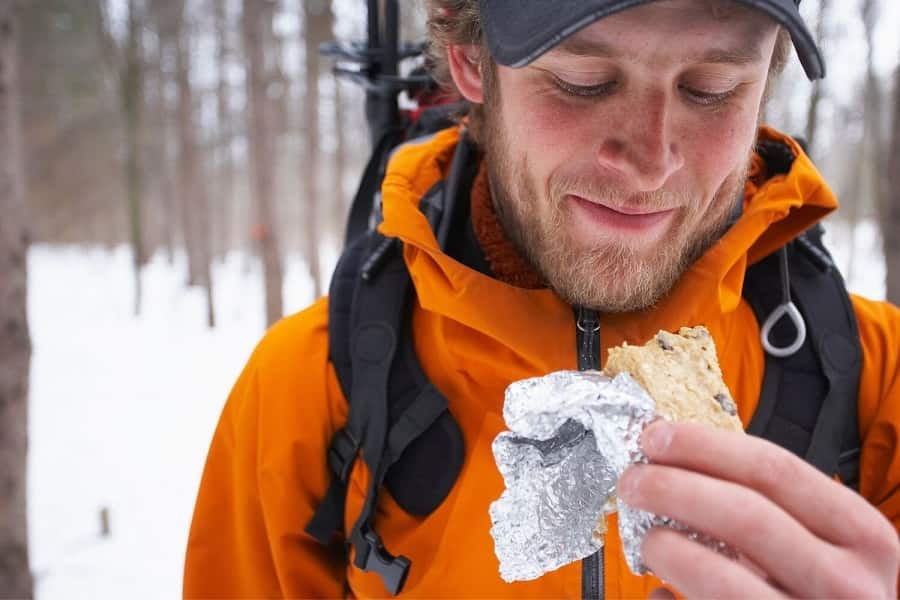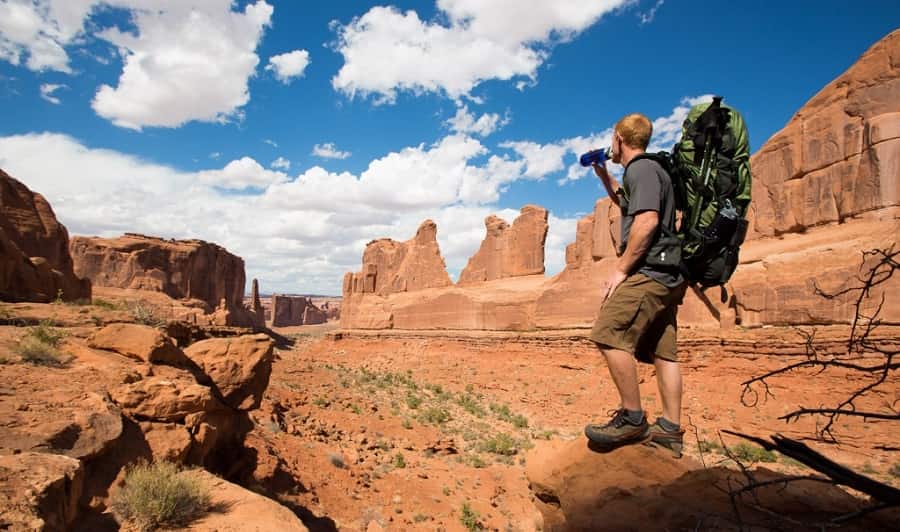Top 10 Hiking Tips for Beginners
On paper, a lengthy hike may seem like the easiest way to maintain your fitness. A pleasant stroll, casually wandering through a peaceful environment, what could possibly go wrong? As it turns out, quite a lot. Nature can be an unpredictable force which doesn’t play by anyone’s rules, and when you’re that far out of your element, you may quickly realize that you’ve overestimated your abilities.
Don’t let this scare you off though! Hiking is revered as one of the most beneficial low-impact activities which nurtures almost every aspect of your wellbeing, including your mind, your body, and your soul.
- Also Read: Best Treks in Himalaya
1- Gather up a Team
Solo hiking can be a very rewarding experience, but it is definitely not recommended for beginners. Rather build a team which includes experienced hikers you can learn from, preferably people who have completed your chosen trail before. This is not only a safer approach but can also be a lot of fun as you plan the journey together.
2- Research the Trail
Before you even consider embarking on any trail, you must ensure that you know everything about it. Important factors to investigate include whether your maps are up to date, which parts of the hike seem the most difficult, and what the weather will be like. Speak to local hikers to guarantee that you have the most accurate information.
3- Fitness Preparation
No matter what your level of fitness, hiking can be taxing in ways that you hadn’t initially considered (for example, the uneven terrain or the weight of your baggage). Test your current physical condition by visiting the gym or attending a yoga class. If you have any specific health concerns, always speak to a doctor first.
- Also Read: Trekking Tips to South India
4- Practice Hikes
Along with your overall fitness, you will also need to measure your endurance. One enjoyable method of doing so is to attempt smaller day hikes first. Very quickly you will learn about foot placing, pacing, and your current level of stamina. By building up this confidence, you will have a much more enjoyable experience during the big adventure.
5- Walking Aids
If you’re worried about straining your knees, then you may want to look into purchasing a trekking pole. This hiking gear can be a lifesaver when it comes to pressure on your joints while also maintaining stability. Furthermore, these poles look like an extra leg which makes you seem more intimidating to any potential wild animals.
6- What to Eat Before a Hike
Ideally, you should be eating a much healthier diet for several weeks leading up to your big day. When the night before comes, concentrate on those slow burning carbs for sufficient fuel, such as whole grain pasta, brown rice, vegetables, and fruits. In the morning, keep it light with some eggs or oatmeal.
- Also Read: Mountaineering Expeditions In India
7- What to Pack
Hiking requirements will differ from person to person but there are certain items every team will need without fail. These include a first aid kit, a map, a compass, insect protection, sunscreen, a headlamp, whistle, knife, fire-lighter, and extra clothing, as well as ample food and water. Beyond these core essentials, the choice is yours but always pack as light as possible.
8- Dress Code
When it comes to your attire, nothing is more important than your feet. You will need to invest in a perfectly fitted pair of hiking boots and then break them in before you attempt any lengthy hikes. Another clothing tip is to avoid cotton as this material is notorious for drying slowly and can cause painful chafing. The main goal here is comfort, so bring enough options to control your temperature whatever the weather.
9- Hydration and Fuel
Once your mission is already underway, the main objective is to continuously move forward. To do so, you will need the right foods and sufficient liquids. Fruits, nuts, and granola bars are great snacks on the move while a daily supplement will ensure you get everything you need. Look into vitamins for active men or women depending on your age group for the most amount of benefits. Even more important is to carry lots and lots of water. If the hike is a long one, factor in any water points which you can detour towards in order to refill.
10- Don’t Be a Hero
Finally, if the hike starts to go wrong in any way, then it’s better to turn around now rather than when the sun has already gone down. Everyone wants to prove their worth, but if you are struggling, be vocal about it to your group instead of risking an injury.


